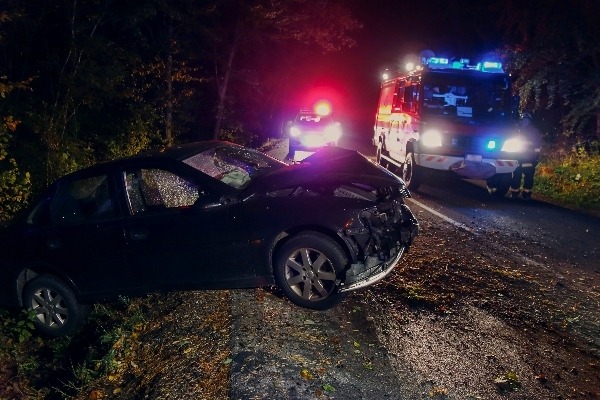What Happens If an At-fault Driver In A Maryland Car Accident Dies After the Accident?

As a general rule, if someone dies, and has personal, unmet obligations, their estate might be liable for those obligations. If that obligation is to an individual injured as part of personal injury event, the process is little different, with one important exception. As Attorney Eric T. Kirk will tell you.
The correct option is to file a claim against the estate of the other driver.
It’s a commonly asked question in Maryland personal injury litigation- whether you sue the insurance company, or the at – fault driver. The answer is that you must sue the driver, or in this instance, their estate. A suit against an insurance company in this situation would be dismissed. It should be noted that, generally, the time periods for the filing of a claim against an estate are some of the shortest known under Maryland law.
Section 8-103 of the Estates Article provides that a claim must be filed within the the earlier of:
“6 months after the date of the decedent’s death; or
2 months after the personal representative mails or otherwise delivers to the creditor a copy of a notice …. notifying the creditor that the claim will be barred unless the creditor presents the claim within 2 months after the mailing or other delivery of the notice. “
In the context of pursuing a personal injury action, 6 months is frankly not that long of a period of time. For seriously injured individuals, a course of medical treatment of recuperation may well last that long. In some, and perhaps most instances, a lawsuit is not filed within 6 months of an accident.

If the at-fault driver dies subsequent to the accident, but fairly quickly thereafter, an injured person may not be aware of that fact, and unaware of the obligation to file a claim within 6 months of death. Moreover, the personal representative may not be aware or the obligation, or may not provide notice to the injured person.
Maryland law provides a reprieve from these somewhat harsh timeframes, but only under specific circumstances.
Section 8-103 of the Estates Article provides:
“If the decedent was covered by a liability insurance policy which at the time the action is instituted provides insurance coverage for the occurrence, then, notwithstanding the other provisions of this section, an action against the estate may be instituted after the expiration of the time designated above, but within the period of limitations generally applicable to such actions”.
If the at-fault party had valid an enforceable insurance policy at the time of loss, an injured person will have more than 6 months to bring a claim against the estate. The period of limitations applicable to the typical automobile accident claims against a living at-fault driver in Maryland is 3 years. In the event that an at-fault driver dies, the injured party will accordingly have three years to bring a claim against the estate. Understanding the rights and obligations in these cases is key. Choosing the correct Baltimore injury lawyer to navigate your claim is a first step on the road to compensation for your family.



